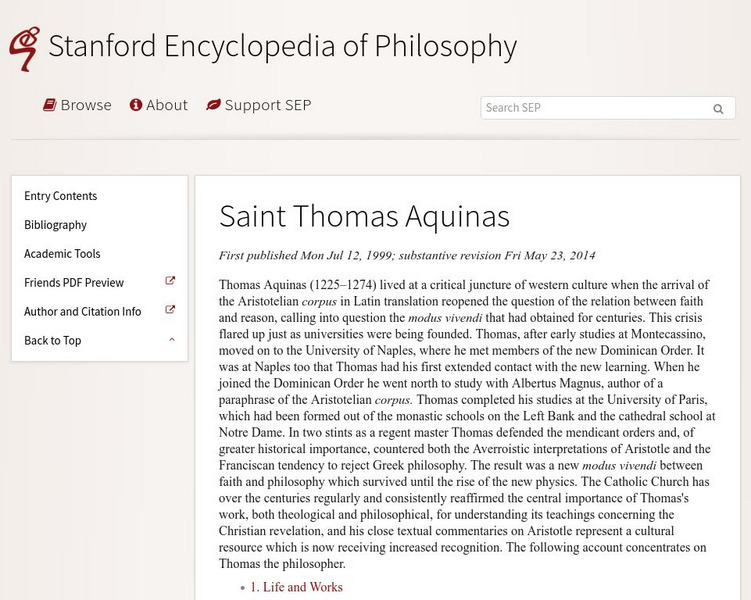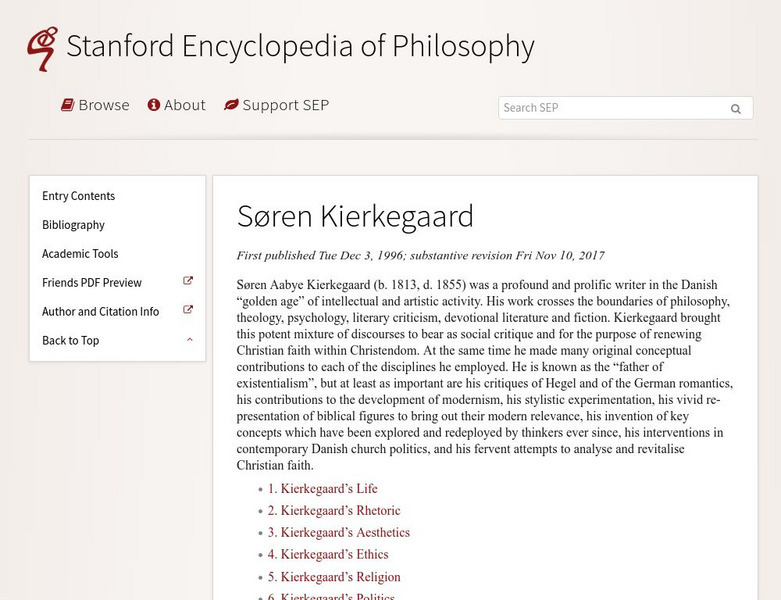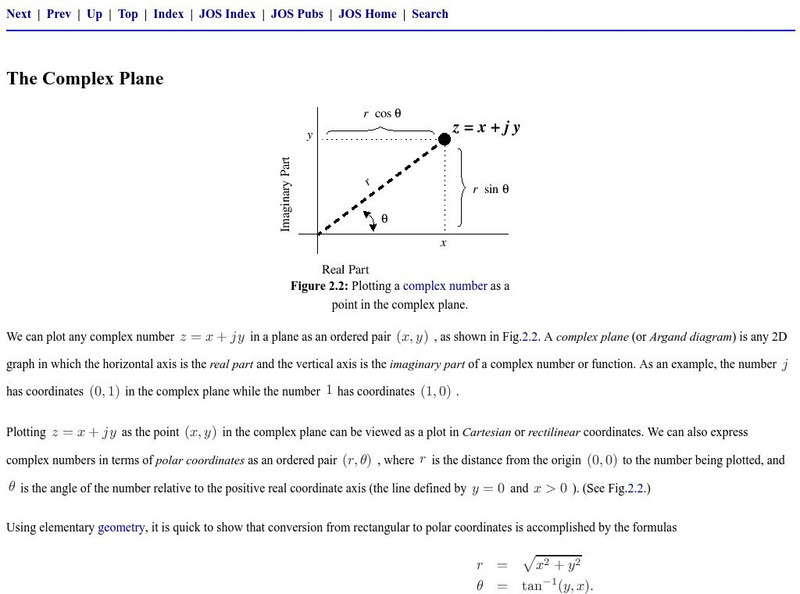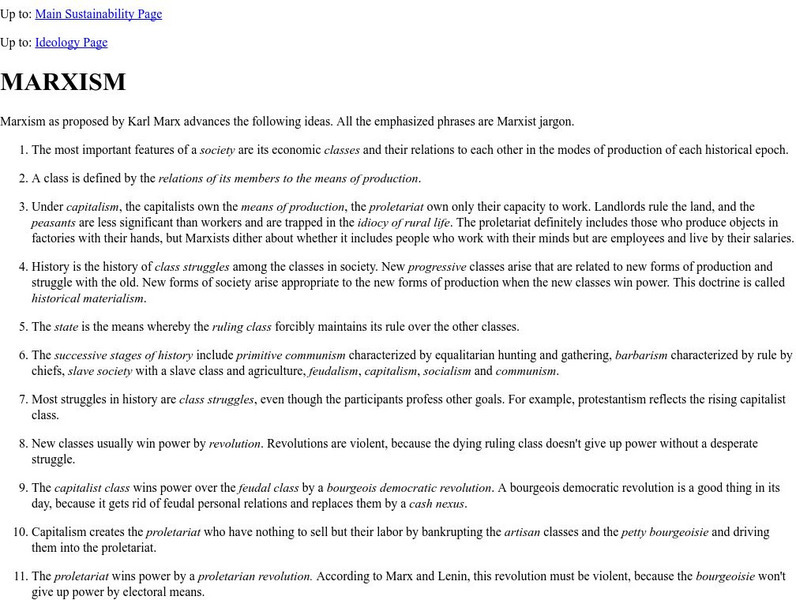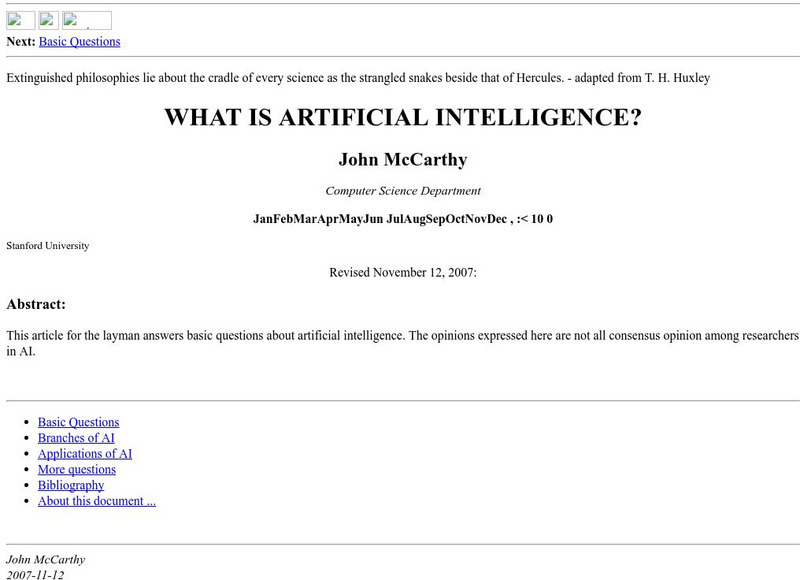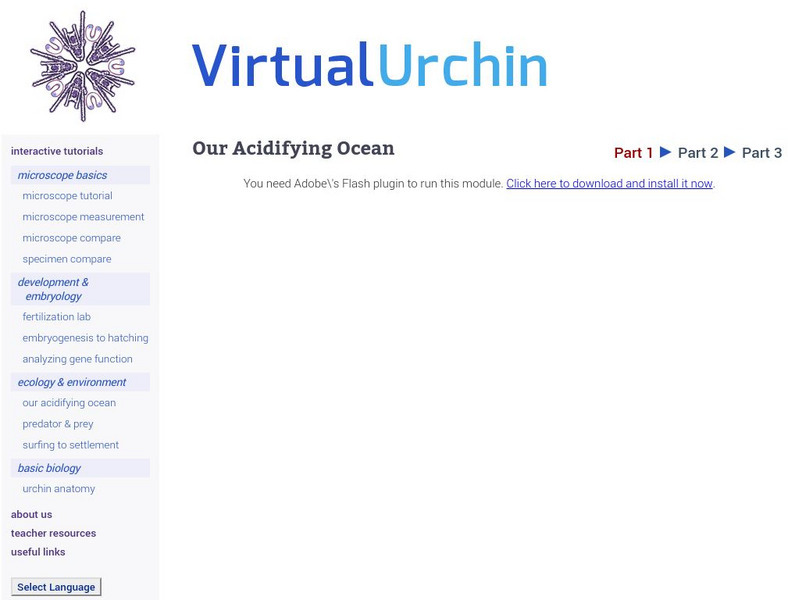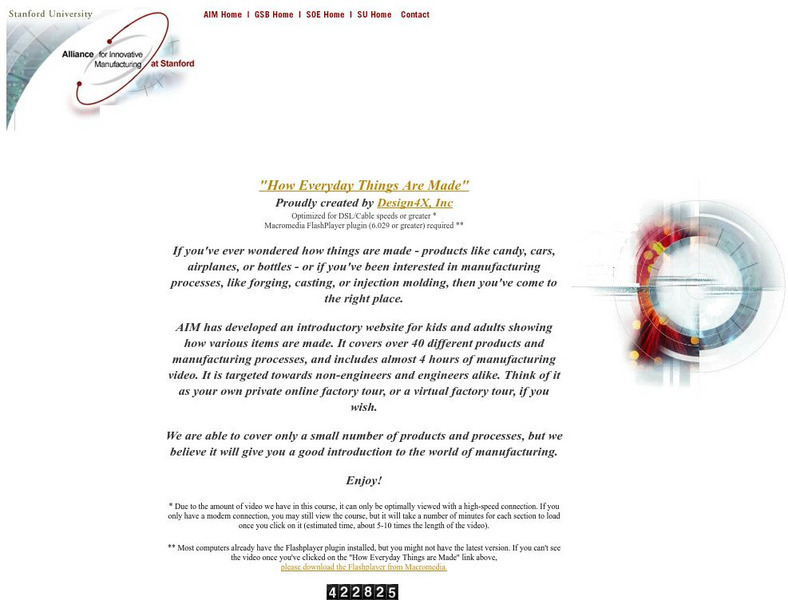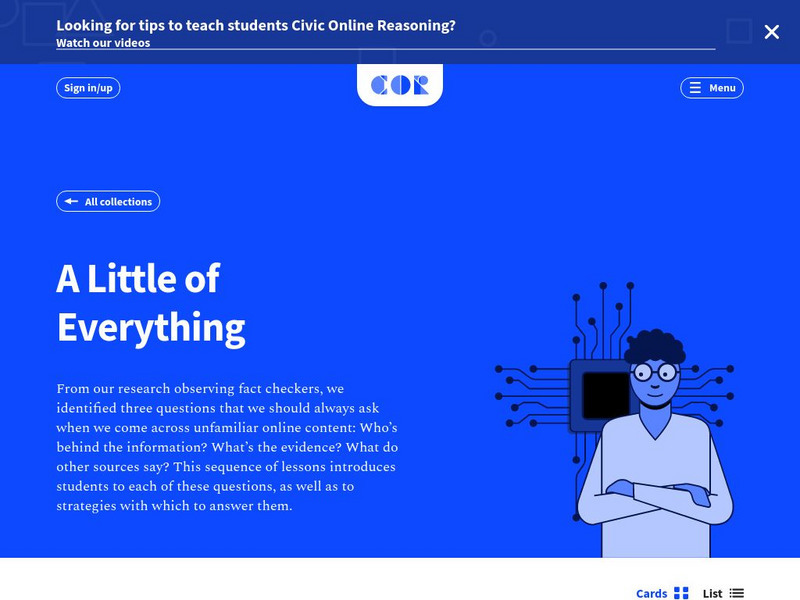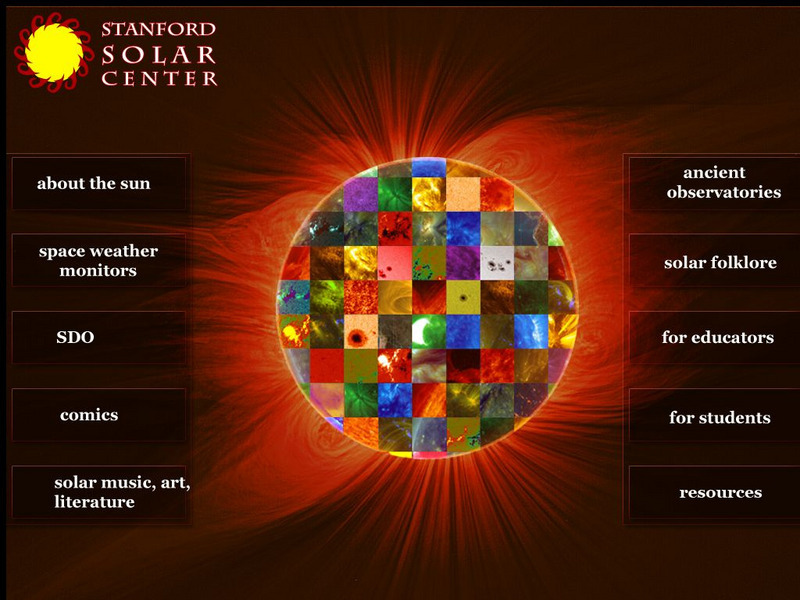Hi, what do you want to do?
Stanford University
Stanford University: Lesson Plan on the Children's Crusade
A well designed four part lesson plan that examines the use of children in the civil rights demonstration that occurred in Birmingham under the leadership of Dr. King.
Stanford University
Saint Thomas Aquinas: Christian Philosophy
Presents the views of Aquinas on the relationship of philosophy and theology, and on the possibility of a "Christian philosophy." Aquinas' own enthusiasm for Aristotle is addressed as an important case study.
Stanford University
Soren Kierkegaard
This site provides very in-depth information about the life and works of the existentialist philosopher Soren Kierkegaard. Toward the bottom of the page is a chronological timeline of his life, as well as a bibliography and list of other...
Stanford University
Stanford University: History
This site from the Stanford University provides a comprehensive history of Stanford University from "Birth of the University" to the present.
Stanford University
Stanford University: De Moivre's Theorem
contains relevant information regarding to de moivre's theorem.
Stanford University
Stanford University: Rational Exponents
A brief description of rational exponents and their meaning.
Stanford University
The Complex Plane (Standford University)
Contains both general and detailed information about the complex plane.
Stanford University
Standford University: The Complex Plane
This resource contains both general and detailed information about the complex plane.
Stanford University
Stanford University: Marxism
Lengthy explanation of the views expressed by Marx. Covers his thoughts on production and the means of production, class struggles, the bourgeoisie and the proletariat, and what he saw as a possible end to the conflict - what some call...
Stanford University
Stanford University: What Is Artificial Intelligence?
An overview of artificial intelligence (AI), the different branches of AI, applications of artificial intelligence, and the like.
Stanford University
Stanford University: Our Acidifying Ocean
A virtual lab activity that investigates the life cycle of the sea urchin. As part of the lab activity, understand how the larval development is affected by the increasing acidity of the ocean.
Stanford University
Mlk and the Global Freedom Struggle: Civil Rights Act of 1964
Read about President John F. Kennedy's role in attempting to outlaw segregation, and, after Kennedy's assassination, President Johnson's role in making that happen with the passage of the Civil Rights Act of 1964.
Stanford University
Stanford University: How Everyday Things Are Made
If you've ever wondered how things are made - products like candy, cars, airplanes, or bottles - or if you've been interested in manufacturing processes, like forging, casting, or injection molding, then you've come to the right place....
Stanford University
Civic Online Reasonong: A Little of Everything
From research observing fact checkers, three questions that we should always ask when we come across unfamiliar online content: Who's behind the information? What's the evidence? What do other sources say? This sequence of lessons...
Stanford University
Stanford Children's Health: Do Parents Influence Their Kid's Health Behaviors?
Research shows that how you react to illness has a lot to do with how your parents reacted to illness when you were a child. As with most other activities, children repeat what they learn from their parents. This article describes...
Stanford University
Stanford University: Invisible Rays
This lesson focuses on investigating the electromagnetic spectrum using ultraviolet beads. Students learn how material properties change as the size of the material decreases to the nanoscale.
Stanford University
Stanford University: How Big Is It?
Lesson provides an activity that introduces the nanoscale using the metric system.
Stanford University
Stanford University: Bubbling Tablets
Students learn how material properties change as the size of the material decreases to the nanoscale. This experiment investigates the effects of surface area on reaction rates.
Stanford University
Stanford University: Pour It Out
Learners learn how material properties change as the size of the material decreases to the nanoscale. This lesson investigates the effects of forces at different scales.
Stanford University
Stanford University: Magnetic Force Microscopy
Help students learn how scientists use powerful tools to visualize, study and control materials at the nanoscale.
Stanford University
Stanford Solar Center: About the Sun
The Stanford Solar Center provides information about the sun, activities, solar art, and solar folklore.
Stanford University
Moving Into the Galleria Dell'accademia
The article itself is well written, but there are also links and many photographs. Be sure to click on "scanning the David" at the bottom of first page. It is a real treat!
Stanford University
Stanford University: Bacterial Disease Research
Read about cutting-edge research on bacterial pathogens from the Stanford University. Then view movies showing how these pathogens invade their hosts. The introduction for the non-biologist is very helpful.






